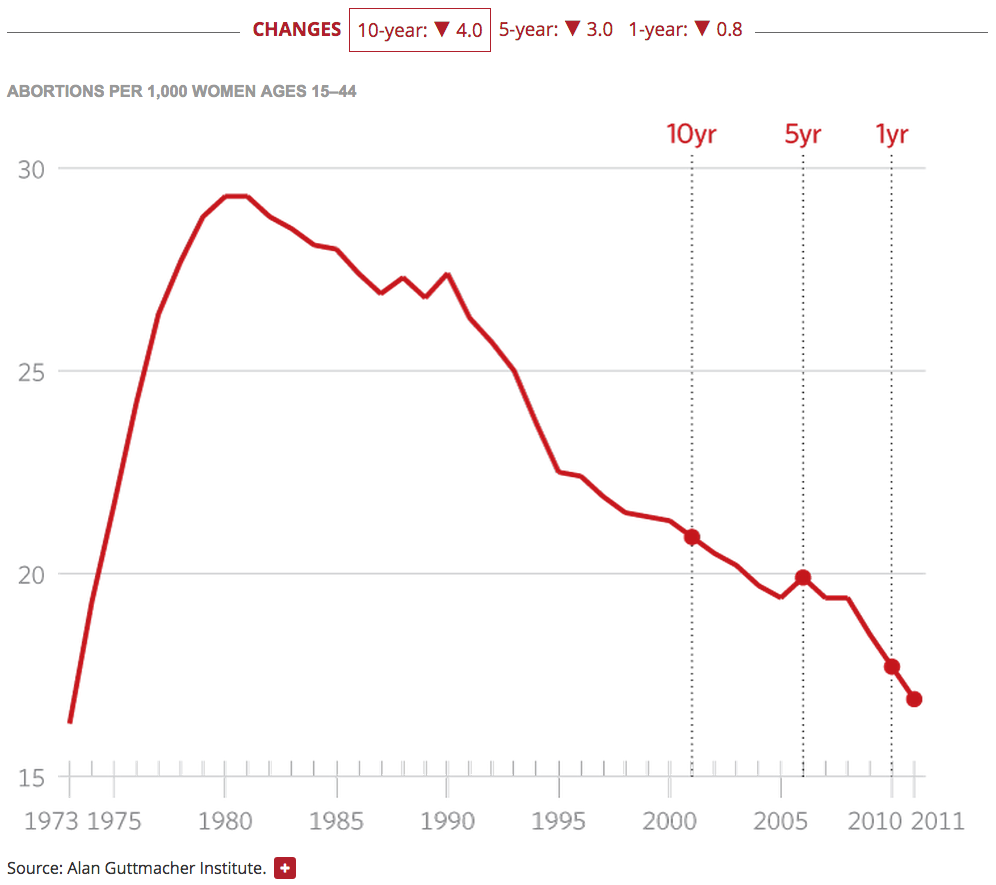‘Save the Storks’ Gives Women a Last-Minute Option to Choose Life, One Bus at a Time
Gabriella Morrongiello /
Christian entrepreneurs Joe and Ann Baker are influencing the pro-life movement without ever exiting their vehicles.
Save the Storks has quite literally mobilized the pro-life movement by parking buses outside abortion clinics.
Shortly after their engagement in 2011, the Bakers founded Save the Storks, a non-profit organization dedicated to encouraging abortion-minded women to choose life.
Equipped with state-of-the-art technology and a network of volunteers, Save the Storks has quite literally mobilized the pro-life movement by parking buses outside abortion clinics to offer women free ultrasounds, pregnancy tests and counseling.
“Many of the women who go to a clinic are not completely sold on abortion. Some are just waiting for someone to offer them a kind word of support for their pregnancy,” claims Storks’ website.
According to its press kit, each Mercedes-Benz bus costs about $100,000 to build and tailor to fit Storks’ brand, which aims to provide a “safe, comfortable, and non-threatening atmosphere.”
Although able to fit within a single parking space, Storks claims its buses are designed to feel spacious. The interior features plush seats with warming functions and internal massagers, a private bathroom and even Wi-Fi so the counselor can control the lighting, temperature and music using an iPad application.
Paul Isaacs, Storks’ vice president of ministry advancement, said the organization has received nothing but positive feedback since its inception. It’s now expanding its reach.
“I think last January we only had one [van] out. We were scratching and clawing as this ministry non-profit. Now, I think we have eight or nine out with one coming out every month for the next five months,” said Isaacs during a recent panel at The Heritage Foundation co-hosted with the National Review Institute.
According to Isaacs, 84 percent of post-abortive women thought abortion was “their only choice.” Reducing that number is at the heart of Save the Storks’ mission.
“We want to come alongside women and offer them a different choice,” said Isaacs.
Since launching its mobile medical units, Storks has routinely witnessed the remarkable impact of its efforts. According to its website, “three out of five women who board a Stork bus choose to keep their baby.”
“When a woman sees her baby, hears the heartbeat, and knows that she is going to have ongoing support, the likelihood of her carrying her child to term increases dramatically,” notes Storks’ website.
Isaacs also identified the effect Storks’ vans have had on the industry itself—in addition to women.
“It’s amazing that sometimes abortion clinics will not open to do abortions; they cease doing them because of our sidewalk ministry,” said Isaacs.
According to The Heritage Foundation’s 2014 Index of Culture, the overall U.S. abortion rate among women ages 15 to 44 has “dropped by four abortions per 1,000 women” between 2001 and 2011, “continuing a trend that began in 1980.”
Pro-abortion advocates have responded with expanded efforts to humanize abortion using trendy avenues like the arts, the Internet and Hollywood.
Advertised as a platform to empower women, projects like the “1 in 3” campaign are encouraging grassroots efforts to destigmatize abortion.
Taking its name from the statistic that one in three women will have an abortion during her lifetime, the “1 in 3” campaign is a web-based project that asks post-abortive women to share their stories anonymously in video or written form so as to “build a culture of compassion, empathy, and support for access to basic health care.”
“I have had two abortions, one when I was in my mid-20s, unmarried and living with my boyfriend. We were career-minded and wanted to be married before we had our first child. I had no guilt, no remorse. I always felt like it was the right thing to do,” shared one woman in her ‘story.’ Another woman wrote: “I saved the ultrasound picture in a dated envelope, stuck it in a drawer and just as I closed the drawer—I closed out that moment in my life.”
Other attempts at destigmatization include PBS’s recent decision to air a documentary focused on the lives of late-term abortion doctors, despite substantial opposition from pro-life taxpayers, and Hollywood’s enthusiastic praise of the film “Obvious Child” for being a first-of-its-kind “abortion rom-com.”
Nonetheless, when asked about his adversaries during the panel, Isaacs reaffirmed his unwavering commitment to the pro-life movement. He also voiced optimism about the future.
“I do feel hopeful in this issue. I think more and more, pro-abortionists … I think they’re going to be marginalized ” said Isaacs.


